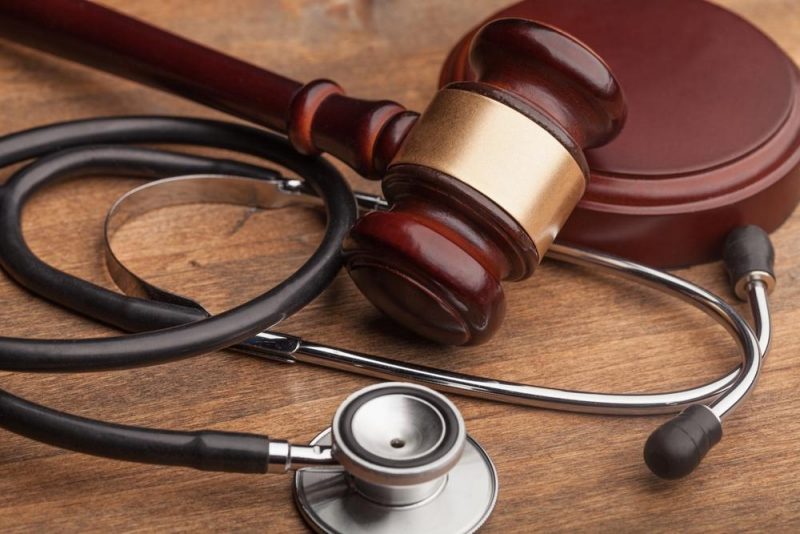Fallen in a supermarket? Here’s what you should do now
There’s nothing wrong with going about your business and completing those daily tasks. Picking up a prescription, meeting with a friend, collecting your child from daycare and then heading to the supermarket.
Sadly, the last thing anyone expects is to suddenly find themselves in immeasurable pain. Doing your weekly grocery shop shouldn’t mean putting your health at risk. Public places like supermarkets and shopping malls must ensure that they provide a safe and risk-free environment for their shoppers to go about their day. If you enter a public place and find yourself injured then you’re a victim of negligence. If this scenario sounds familiar, call a Chicago PI lawyer as soon as possible.
What kind of hazards are present in a supermarket and what kind of injuries could you obtain from them? The most common include:
- Wet floors: Supermarkets deal with spillages all the time, and like to keep their floors shiny and clean. Sadly this means slip hazards are everywhere, and if you slip on a wet floor you could break a bone, receive a head injury or severely damage your spine.
- Tripping in the parking lot: Supermarket parking lots that are riddled with potholes, poor lighting or uneven surfaces can pose major trip hazards for unsuspecting shoppers. Broken bones and soft tissue trauma is likely.
- Defective shopping carts: Shopping carts with sharp edges, exposed parts, or those that can trap hands and other extremities, can cause cuts and lacerations and in extreme cases, loss of fingers. You could also be crushed by shopping carts.
- Tripping on obstacles: Boxes and crates left in the aisles, produce that hasn’t been put away properly. Tripping over in a supermarket can lead to broken bones and other serious traumas.
So, what should you do if you’re hurt in a supermarket?
Seek medical attention
Whether it’s from the first aider on-site, or you’re going to the hospital for more serious injuries, your health should always be a priority. If bleeding occurs, a tourniquet should only be applied when the bleeding is excessive and can’t be stopped by pressure alone, and then seek medical assistance for your injuries before taking any further action.
Report the accident
Reporting the accident proves that it occurred. And all accidents should be reported to management and recorded in accident books. You should also request a copy of the accident form and the report so you can take this to your personal injury lawyer. Don’t leave the store without one.
Gather evidence
Whether you tripped over a pothole, or some boxes, slipped on a wet floor or cut your hand on a faulty shopping cart, however you were injured take plenty of photos and videos of the scene and what caused your injuries. If there are any witnesses, get their details, their testimony may come in handy further down the line.
Keep track of all your costs
Money spent on taxis to the hospital, rising medical bills, loss of earnings etc, if this injury has cost you money, then keep a record of it. Keep receipts and a record of any expenditures related to your accident.
Final thoughts…
Speak with a personal injury lawyer as soon as possible to discuss your case!




